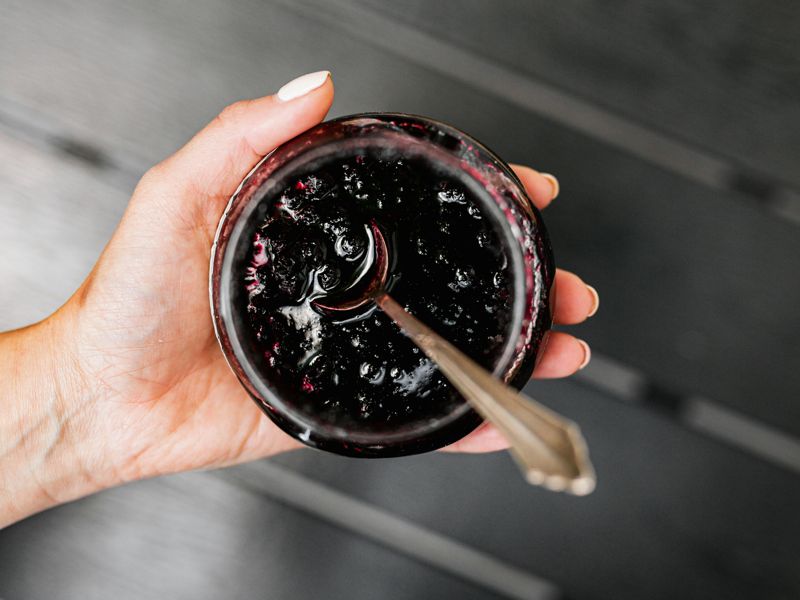A sensory panellist is also known as a sensory panel member or taste panellist, is a trained individual who evaluates the sensory characteristics of products, typically food, beverages, or personal care items. Their primary job is to provide detailed, objective assessments of a product’s sensory attributes, such as:
- Taste: sweetness, sourness, bitterness, umami, and other flavour profiles.
- Aroma: intensity, character, and pleasantness of a product’s smell.
- Texture: mouthfeel, smoothness, creaminess, crunchiness, and other tactile sensations.
- Appearance: colour, clarity, and visual appeal.
Their Responsibilities:
- Sensory Evaluation: Assess products using sensory evaluation techniques, such as descriptive analysis, ranking tests, or preference tests.
- Descriptive Analysis: Provide detailed, objective descriptions of a product’s sensory characteristics using standardized vocabulary and scales.
- Data Collection: Record and submit sensory data, which is then used to identify trends, patterns, and correlations
- Product Comparisons: Compare products to identify similarities and differences in their sensory profile.
- Quality Control: Monitor product quality and consistency over time.
Requirements:
- Sensory Acuity: Possess a keen sense of taste, smell, and texture.
- Training: Undergo specialised training in sensory evaluation techniques and descriptive analysis.
- Objectivity: Remain impartial and unbiased when evaluating products.
- Attention to detail: Provide accurate and detailed descriptions of sensory characteristics.
- Communication Skills: Effectively communicate sensory findings through written reports and verbal presentations.
Sensory Panellists play a crucial role in:
- Product development: Helping manufacturers create new products or formulate existing ones.
- Quality Control: Ensuring Consistency and quality of products.
- Consumer Research: Informing companies about consumer preferences and perceptions.

